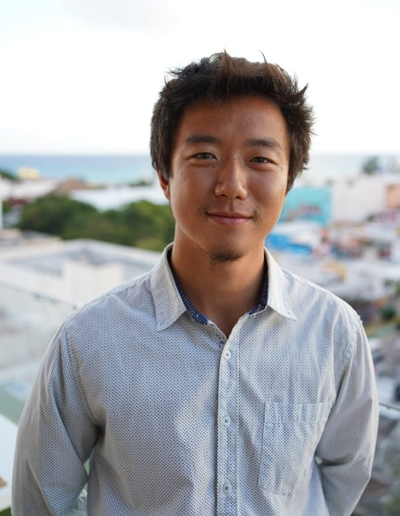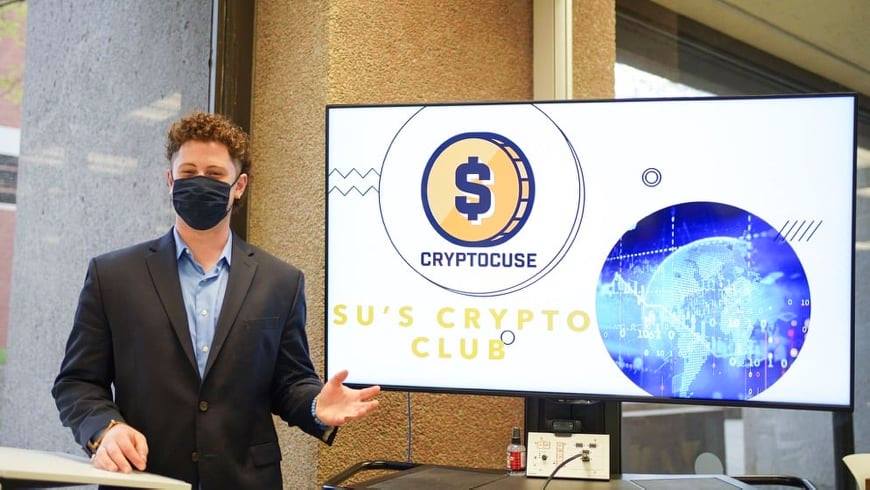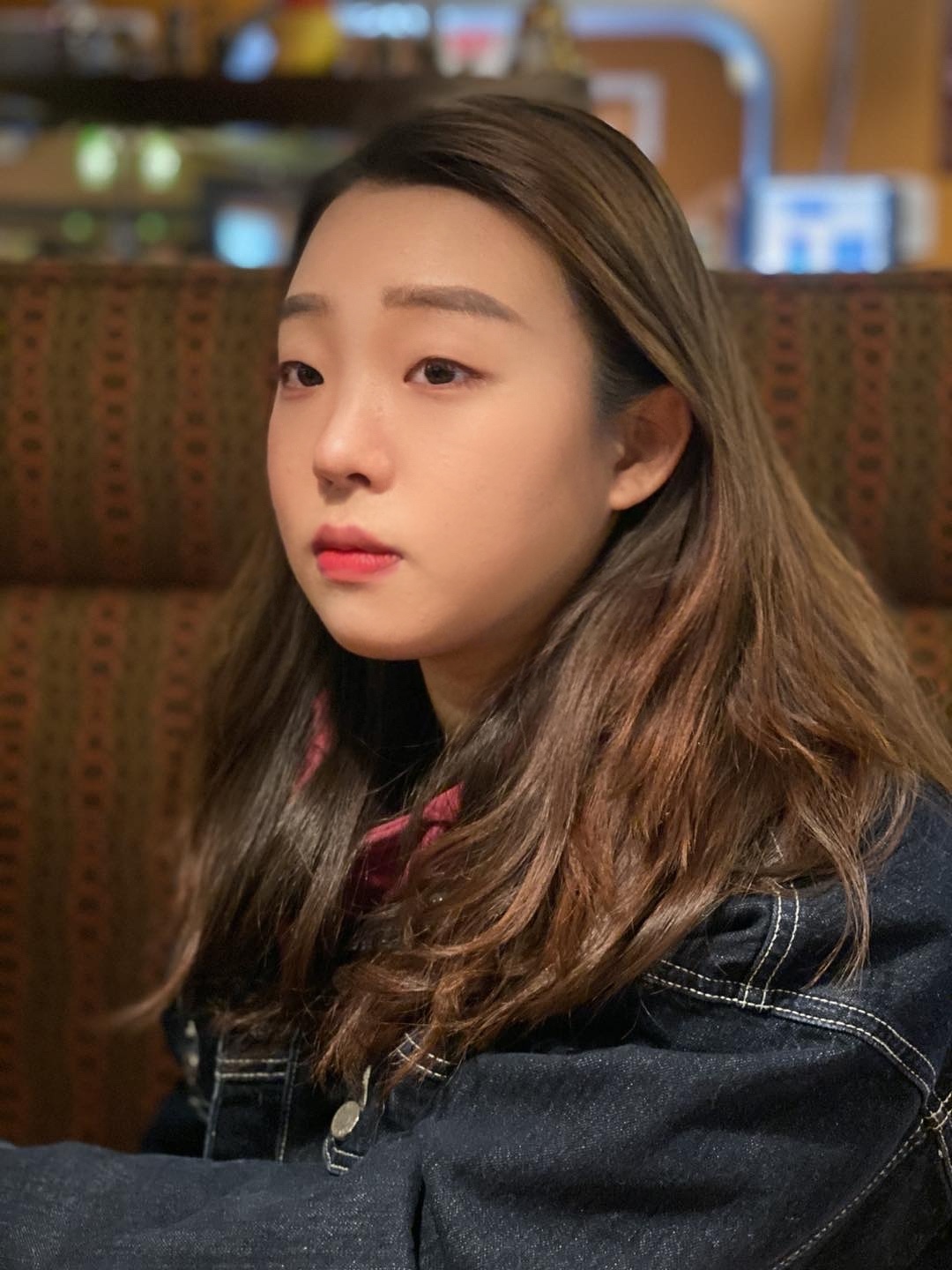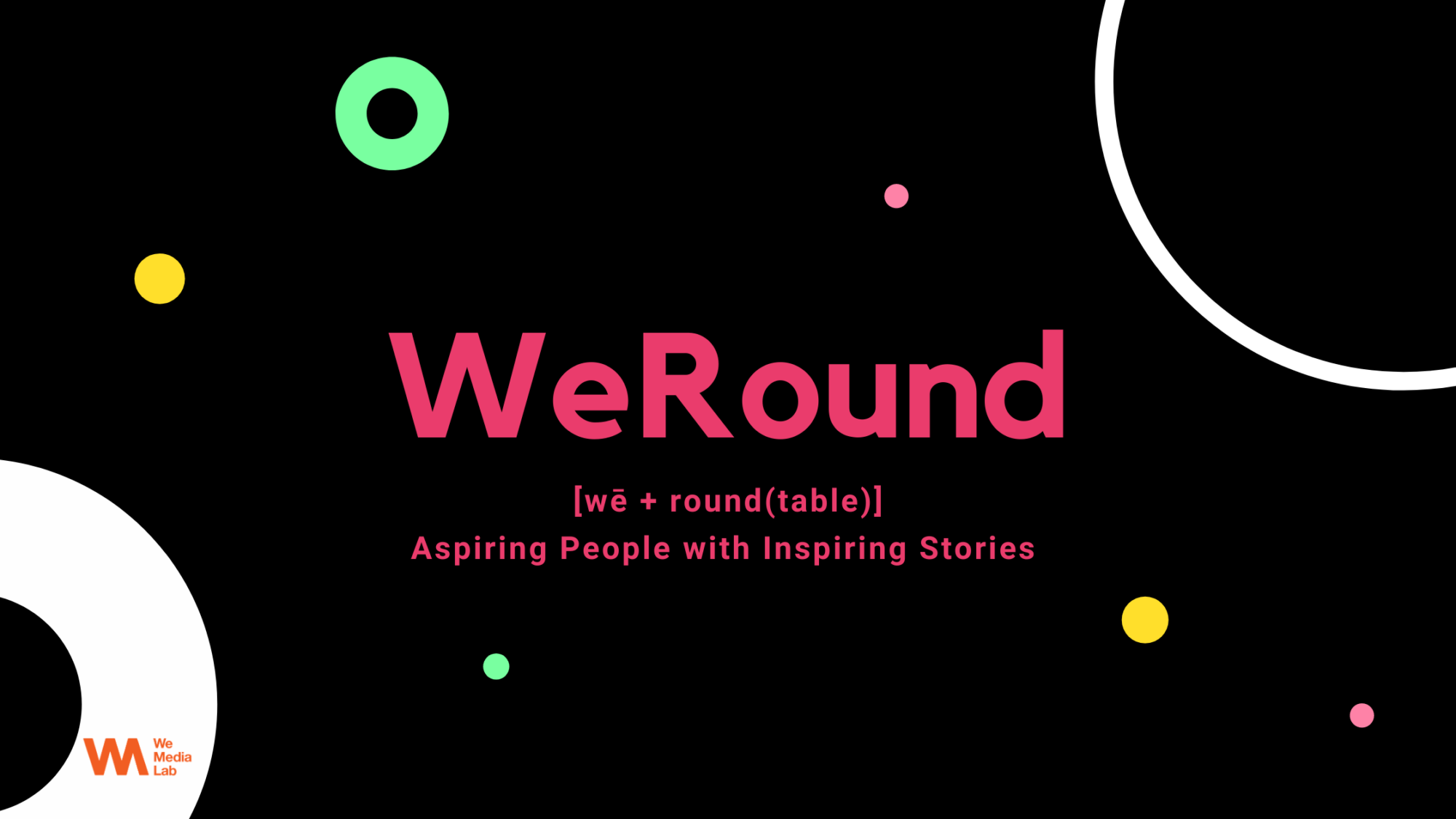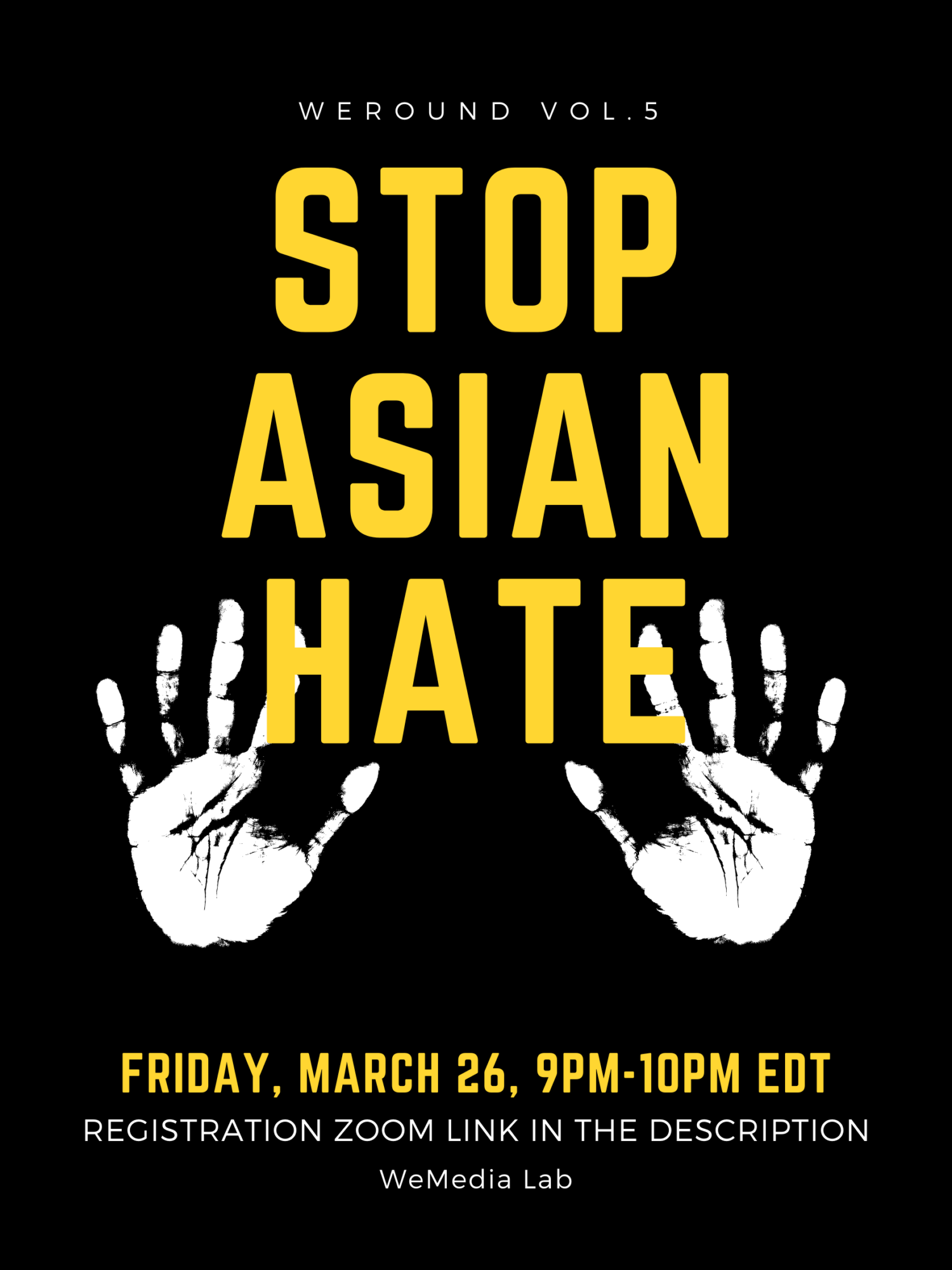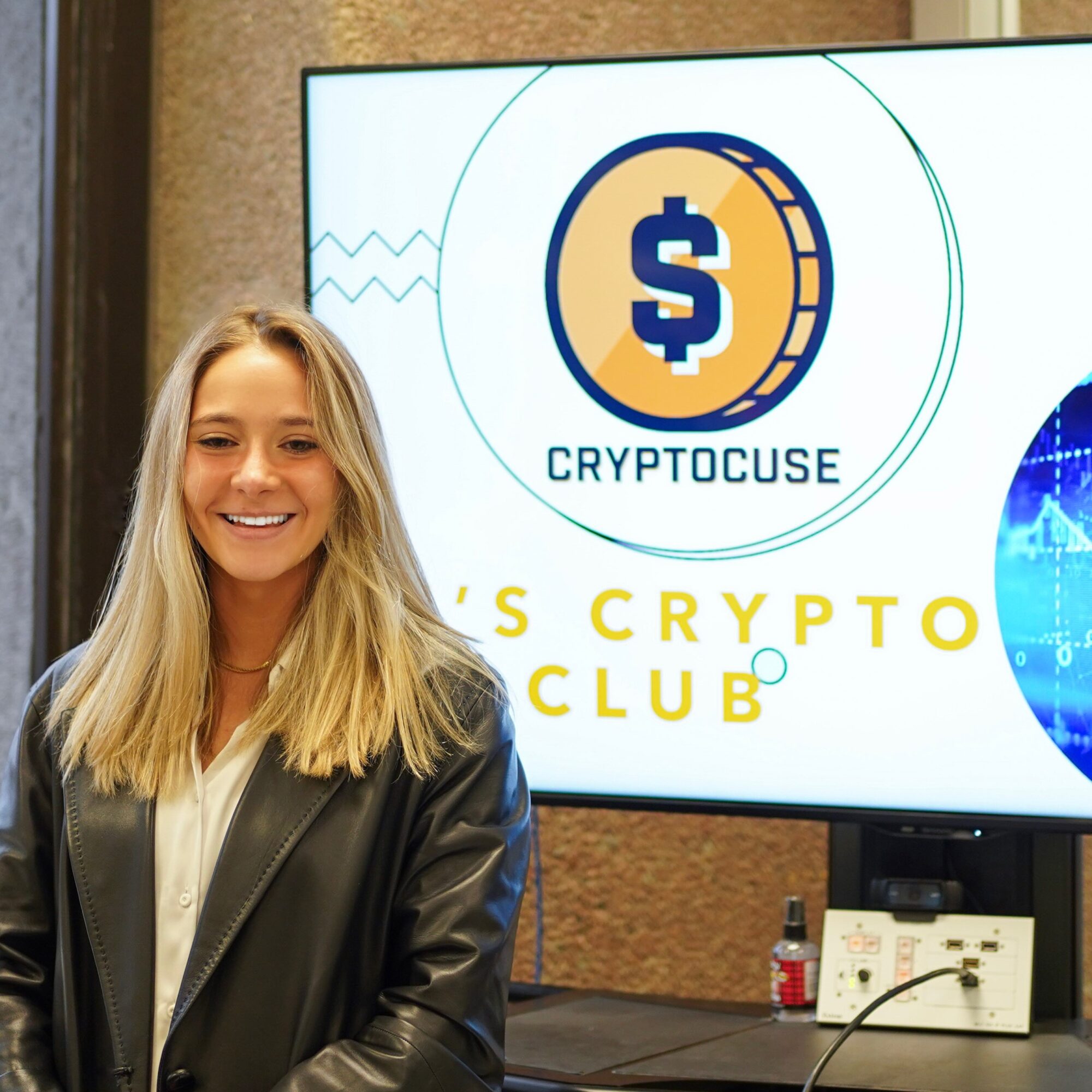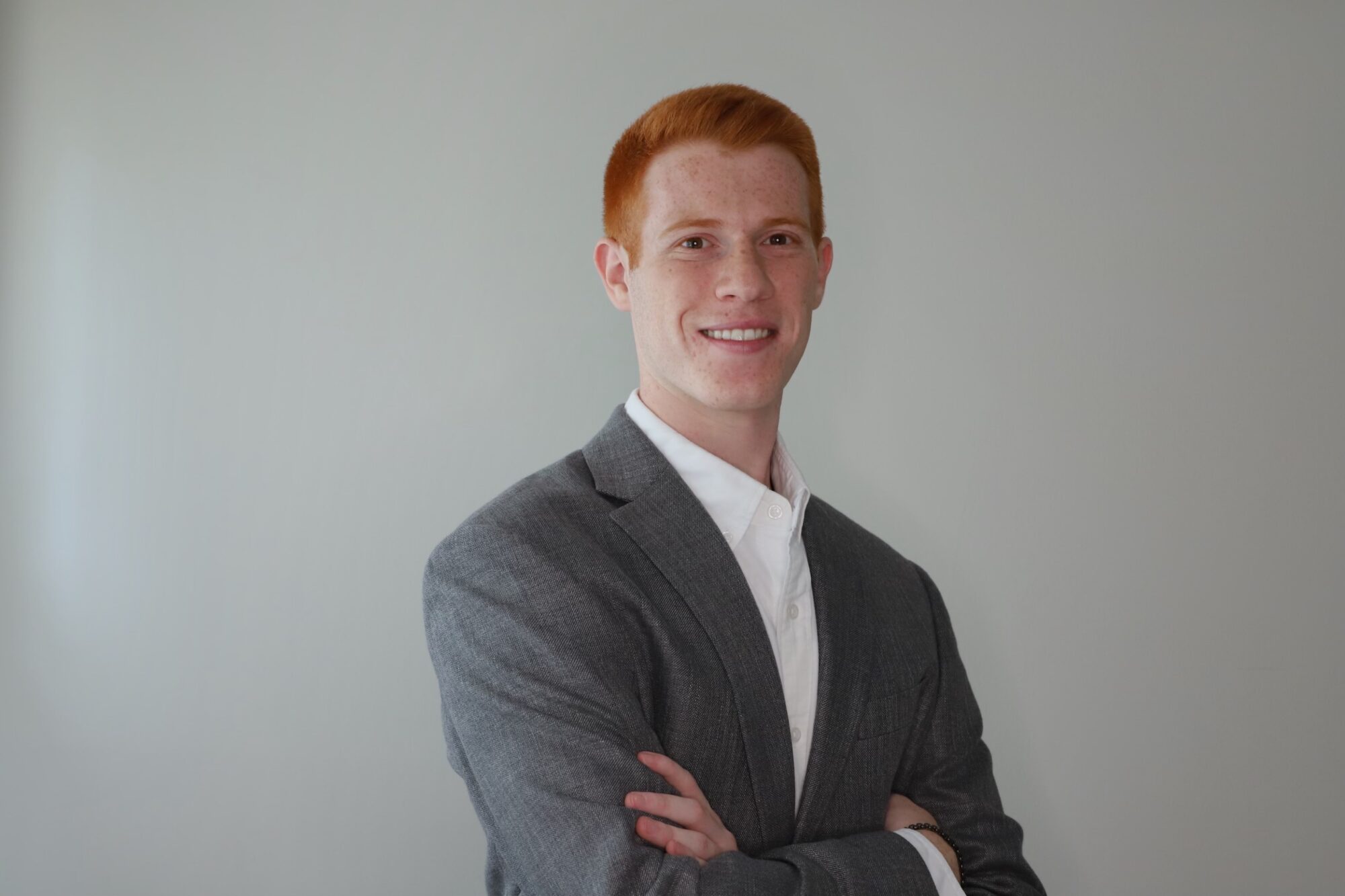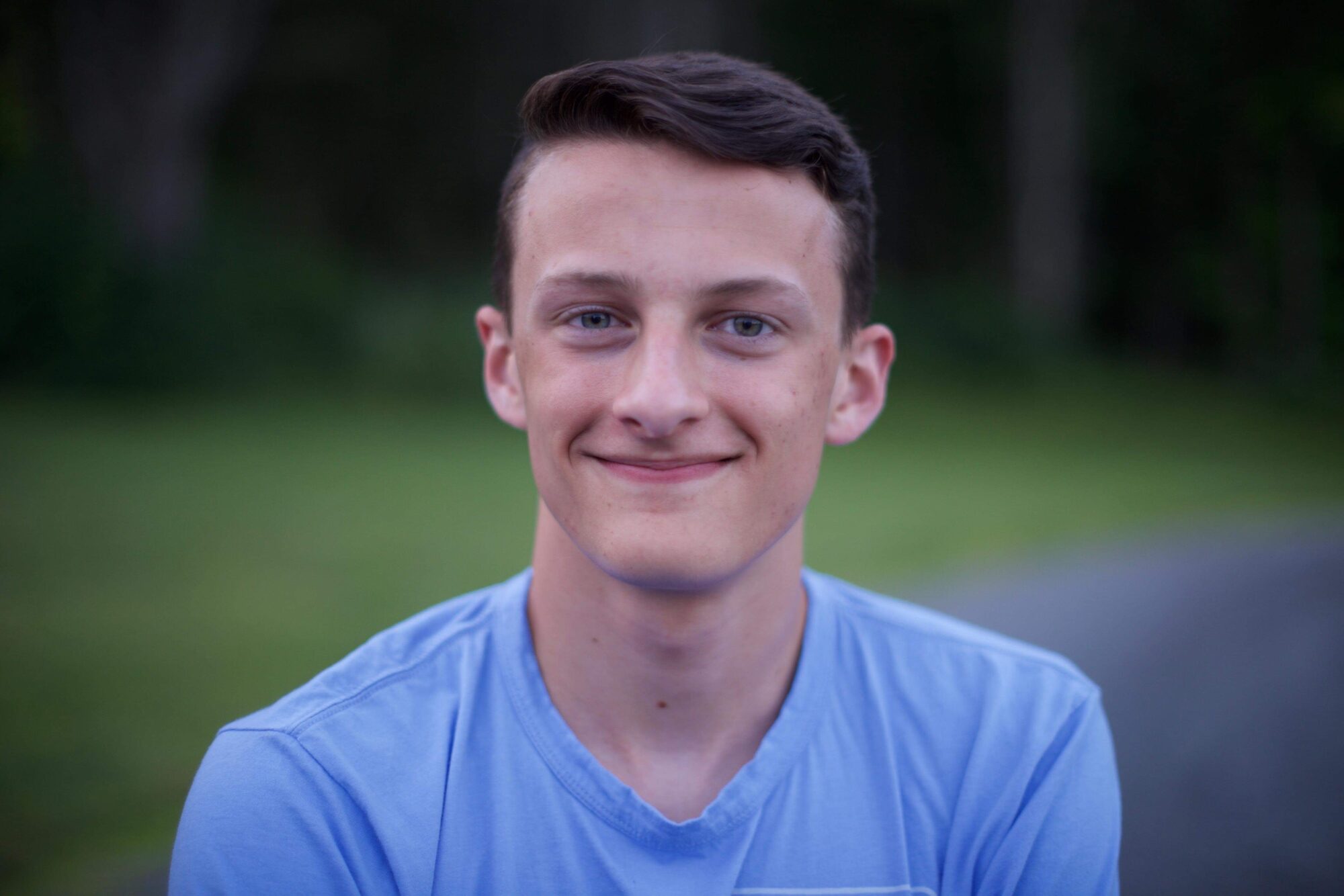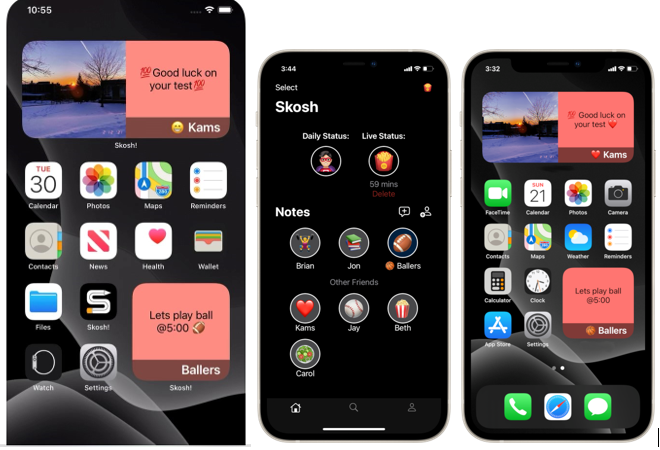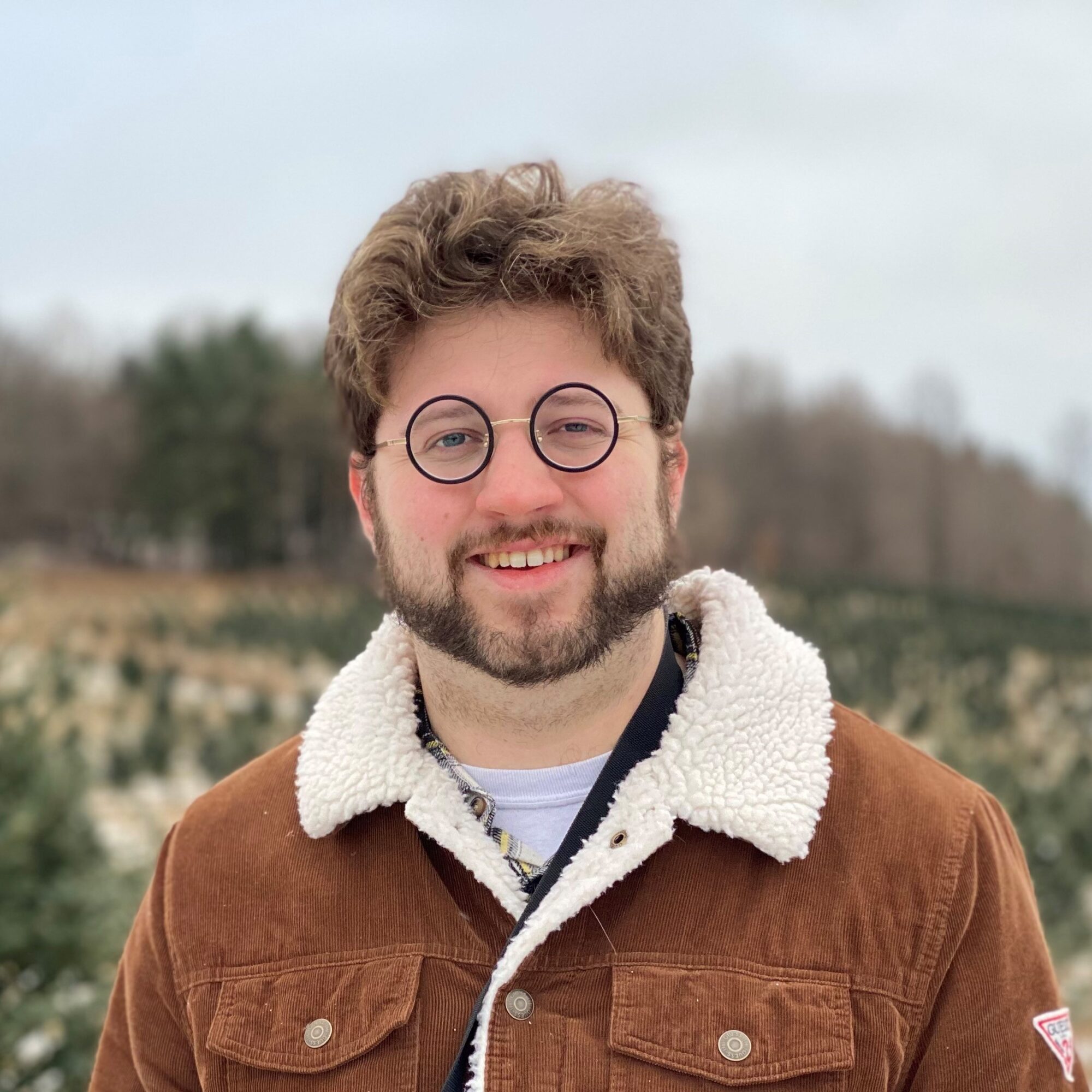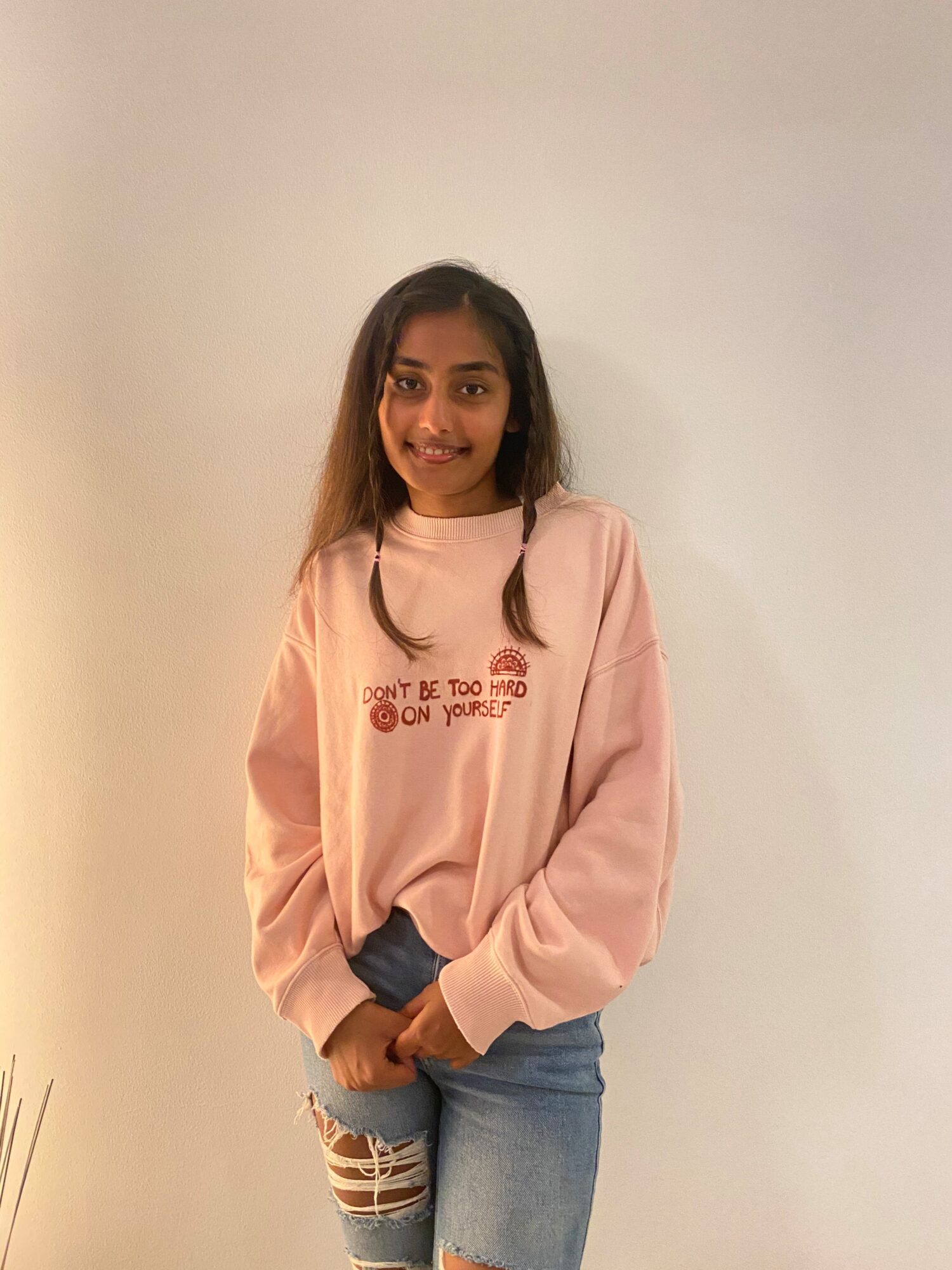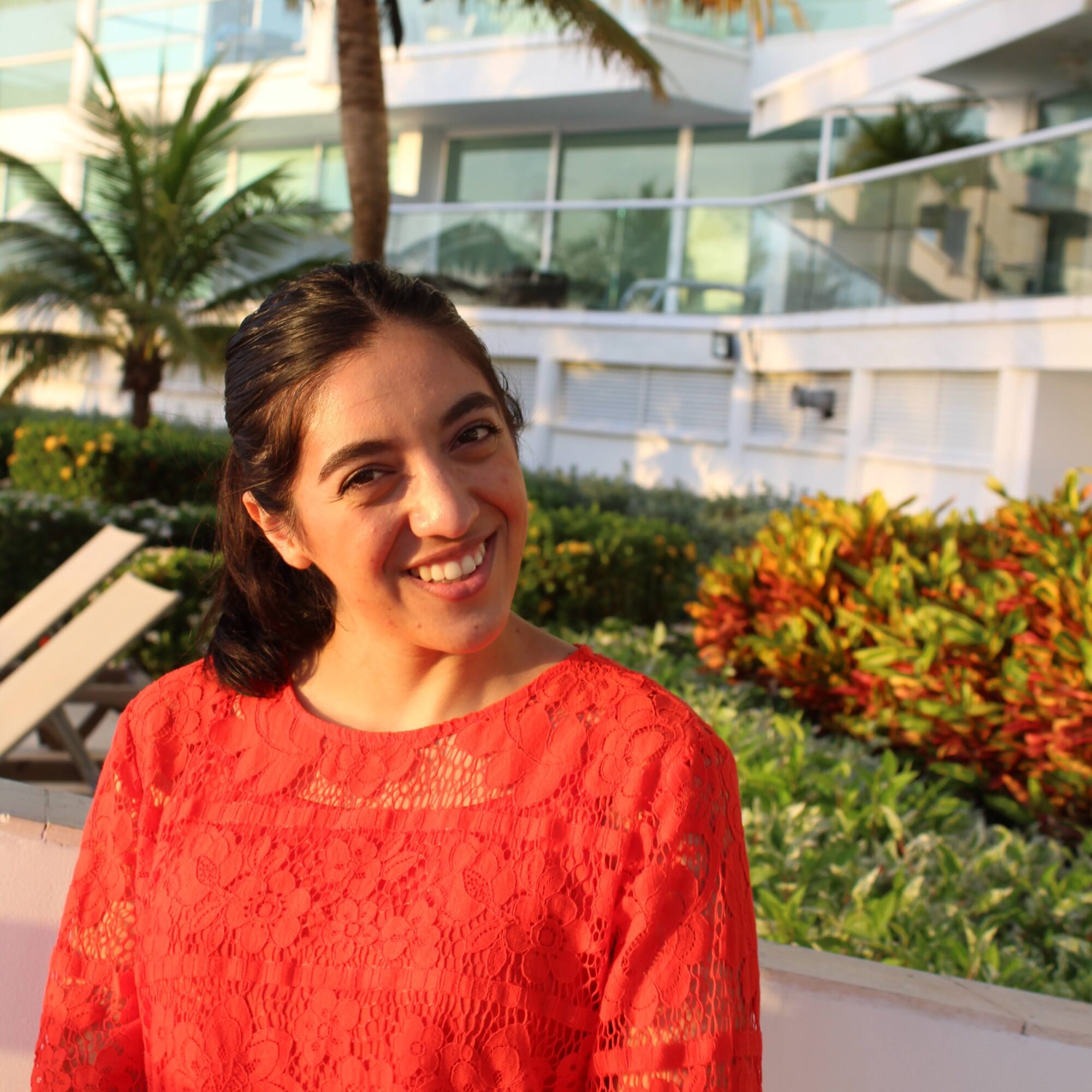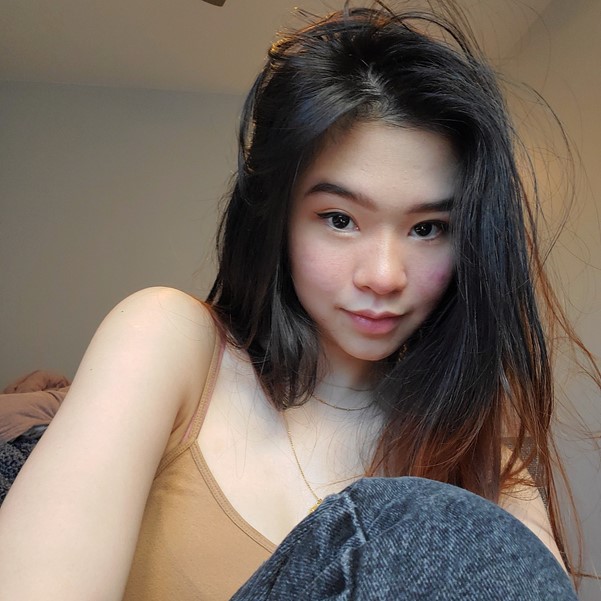
Twenty two year-old Natalie didn’t know that she would win the Intelligence ++ gold prize with her cofounder Madison Worden during the global pandemic in her junior year. Her experience of growing up with her family in Burma and being an international student in the U.S., inspired her to create an accessible dating app for people with visible, invisible and neurodiverse disabilities.
Natalie Lui ’22 is a fashion design rising senior at Syracuse University College of Visual and Performing Arts with a minor in History at Maxwell School of Citizenship and Public Affairs.
Before she came to SU, Lui hasn’t decided what to do in the future. However, she has an artsy mind and fell in love with colors and fabrics. So, she committed to fashion design. With the in-depth learning and multiple hands-on projects at school, she found fascinating the logic behind the human interaction of designing. “I want to build another app that will help seniors interact with each other. I want it to be easy to use because sometimes even I blank out when using a new feature,” said Lui.
People say that a college is a place where you get a free trial of experiencing life without any backlash. No matter what path you choose, you will always pick up the little thing along the way and eventually help you find your passion. That’s how Lui gained her inspiration from various fields, such as humanity, music, sports, and spirituality. Being like a young adult who has a positive attitude toward the future, she ventured out to more things outside the fashion industry.
Last year, Lui took an Intelligence ++ class that helped her find the niche that she felt comfortable with and passionate about. The course intended to identify and research the social issues and help people with disabilities with a creation using a non-linear and iterative process.
Lui quickly went through the ups and downs when she first came to the U.S. without her friends and family. Further, she had to deal with the military coup in her country, mental health issues and family loss amidst the pandemic. Overcoming the stressful time, Lui learned that being carefree makes her focus on the real problem. The problem that resonates with her the most is helping the marginalized group with her design, MeetCute.
Lui grew up with her grandparents when she was young, and she realized older people still experiencing loneliness even when people are around. Besides many interests she had in mind, she wants to help children and seniors as much as she could as well. “MeetCute is a safe and inclusive app for everyone looking to meet compatible people for companionship and dating… compatible with the most common accessibility features such as voice-over, text to speech, and changing color contrast. MeetCute will change dating in an image-obsessed culture and provide genuine people a way to meet in a safe digital environment.”
MeetCute, as a great combination of business and social assistance, was started by Madison a semester before Lui’s joining, and now the two promising entrepreneurs plan to go beyond the school project and make the app comes true. The Intelligence ++ competition boosted their energy of further pursuing their career. The team of two is now excited and looking forward to making a significant impact in the future. They expect a new tech co-founder to help build the app together and more funding from the investors.
To talk about how Lui gained this opportunity. The answer is simple, don’t be scared. People with zero experience don’t know their destination, but it is worth trying it out before you give it up. Lui encourages fellow students that “don’t be afraid of whether it’s to ask for advice or opportunities from a professional,” the worst scenario is rejection, and you lose nothing. With the carefree life attitude, Lui can genuinely devote herself to MeetCute and help people along the way.
Story by Aorui Pi, LaunchPad Global Media Fellow; photos supplied
